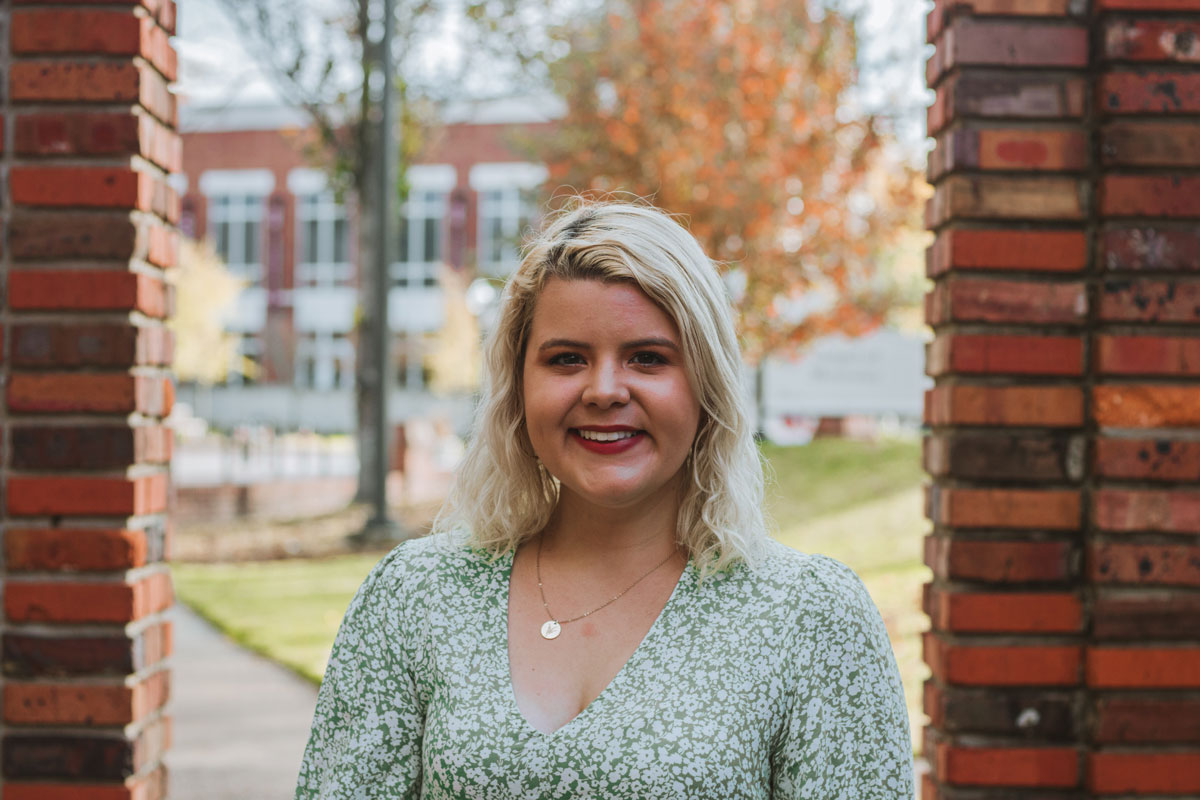Mississippi State University has added a college for non-traditional students who are older than typical enrollees to its campus.
The Center for Distance Education and the Center for Continuing Education joined forces to create the College of Professional and Continuing Studies. The Mississippi Institutions of Higher Learning Board of Trustees approved the new program on May 18.
Former Center for Distance Education Director Susan Seal is the college’s first dean. She said many employees from both centers have filled roles at the new college.
“We’re built off the infrastructure that already exists with two units that primarily focus on adult learners,” Seal told the Mississippi Free Press. “So, obviously, there’s some transition in meshing those two together, but it’s kind of an extension of what we have been doing.”
About a year ago, the Center for Distance Education had an “idea discovery” where employees identified ways to meet students’ needs, gain new students and grow educational opportunities for non-traditional learners. After reviewing her notes from the discovery, Seal said MSU “needed a new college.”
“We need to be able to develop programs that are more applied in nature that don’t really fit in another college and be able to work with the industry and have that flexibility to maybe meet different needs than what Mississippi State already provides,” Seal said.
Seal described the average student the college would cater toward.
“Many of our online students in particular are working adults. Our average age is about 32, and many of them have children,” Seal said. “And so, the needs that they have are very different than an 18-year-old, 19-year-old, more traditional student.”
Seal mentioned conversations she had with Provost David Shaw and other campus leaders, where they looked at higher education from a global perspective to see what industry standards MSU needed to meet.
The College of Professional and Continuing Studies is established on three pillars: academic, non-credit and student support. There will be bachelor’s and master’s programs, along with nine-credit courses and no-credit classes.
Seal said the college aims to offer some non-credit courses later this summer and the full academic program in the fall.
“We’ll have those more traditional degree programs, but they will be more applied in nature, more practical-based than maybe some of our traditional colleges,” Seal said.
Non-credit courses are aimed at adults who do not want a degree but need classes to learn new skills or gain certification for professional development. People who have a general interest in a subject can also enroll in these classes.
“If you graduated from college 20, 25 years ago, there’s probably some new skills that you need, and maybe it’s a formal degree, but maybe it’s just some of the non-credit things as well,” Seal said.
She said the college also hopes to “build those pathways from the non-credit to the credit (courses) where those are needed.”
One non-credit class will focus on teaching educators how to use virtual reality in the classroom as a learning tool. It could be one of the first courses that provides a link between non-credit and for-credit classes. Seal said the virtual reality class could grow into a three-class course for microcredentials over time.
The college will offer several degrees, including a Bachelor of Applied Science in Public Management, which targets emergency responders hoping to move to managerial roles within their division.
“This is a very applied degree, teaching them about communication, personnel management, how to work with public, local and state officials,” Seal said, “some of the things they are not going to get with an (Associate of Applied Science degree).”
The BAS degree allows students to transfer 45 credit hours from technical colleges and up to 60 total credit hours.
“(My hopes for the college are) to allow more opportunities for adult learners, to advance their career or give the skills that they need,” Seal said. “That’s really what it’s about; I mean, that’s what Mississippi State is about, the success of our students.”










